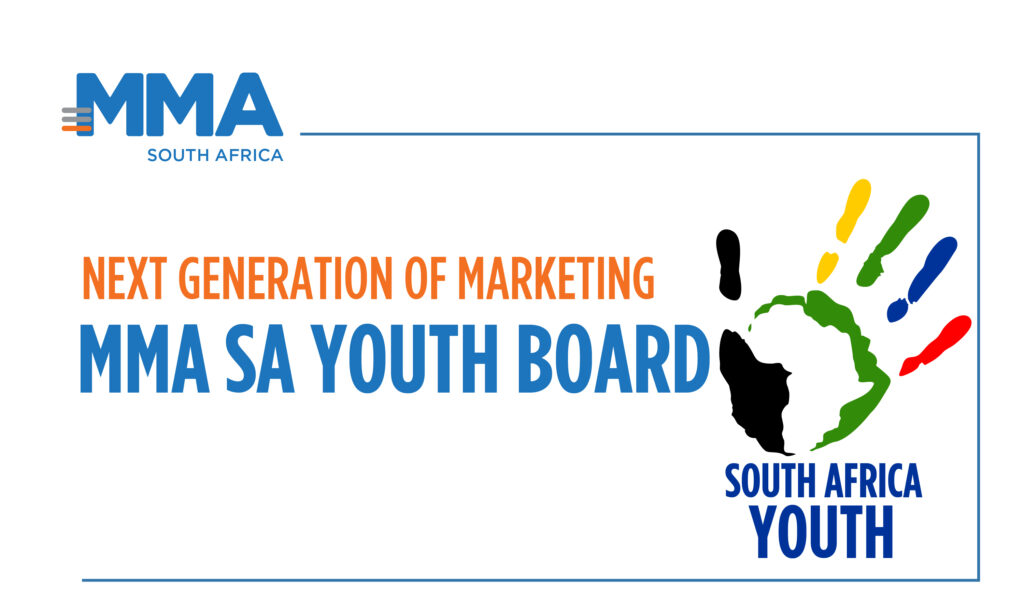 In South Africa, approximately half of the population is under the age of 25. Due to the size and buying potential of the youth market, the segment is of great significance to brands planning to stimulate new demand and reach and engage with a highly diversified collective of youngsub-cultures.
In South Africa, approximately half of the population is under the age of 25. Due to the size and buying potential of the youth market, the segment is of great significance to brands planning to stimulate new demand and reach and engage with a highly diversified collective of youngsub-cultures.
Miguel Correia of The Zinto Marketing Group comments, “Research conducted by our team of field marketers indicates that South Africa’s youth want authentic, meaningful experiences and interact with real people in their homes and communities.For this reason, youth marketing has become more about engagement and dialogue and less about pushing product information and talking at them. We realised this trend and adapted our approach and marketing efforts to keep pace with youth culture through active and dynamic engagement and carefully constructed, interactive promotional drives.”

Brand activation can be used to create new approaches and unexpected, chance encounters between brands and young consumers. An experiential showcase gives youngsters the opportunity to interact with (and be part of) the consumer journey.
Correira highlights trends for marketers to consider when targeting the youth market in South Africa:
Participatory culture
The evolution of consumer to creators and disseminators of information means the youth view themselves as extensions of important and popular brands and that they have played a role in creating connections and forming perceptions of well-known brands. The interaction is personal, and rather than imposing product information on them, they expect brands to facilitate authentic connections and real experiences.

Truth seekers
Real relationships are important to the youth and brands’consumer promises must be perceived as open, honest and transparent.With an abundance of brands, communication and touch points competing for their attention, the youth is growing increasinglysceptical of advertising and media messages and marketers’ attempts to capture their loyalty.
The young people are socially aware and will not support brands that contradict their personal values and beliefs – attributes such as integrity, truthfulness and trust are held in high regard and they will not support brands that are perceived as dishonest or do not live up to expectations. It is important to achieve a more authentic role in these consumers’ lives using technology and social platforms but understand that young consumers will expose any false claims using the same communication channels and networks to make their ‘voices’ heard.

The power of connection – driving brand and peer engagement simultaneously
Not only is technology a true enabler for Millennials – connection and experiential appeal extends beyond digital mediums and the ability to share with peers and others around them, it also creates a sense of belongingness and relationships within the community.
From a marketing perspective, the brands that have been most successful in capturing young consumers’ attention and imaginations are those that have leveraged and facilitated the sharing of experiences utilising young consumers’ voices and participation.

- MRF Unveils Latest MAPS® Data - 20th February 2025
- The BRC announces changes to the board and updates for 2025 - 17th December 2024
- Top 50 DSTV TV programmes – October 2024 - 12th November 2024



![Recognising and Celebrating South Africa's Youth with an Exhibition at Mall of the South in Johannesburg DSC_0851[91] – s](https://amplifier.org.za/wp-content/uploads/2023/06/DSC_085191-s-150x150.jpg)

